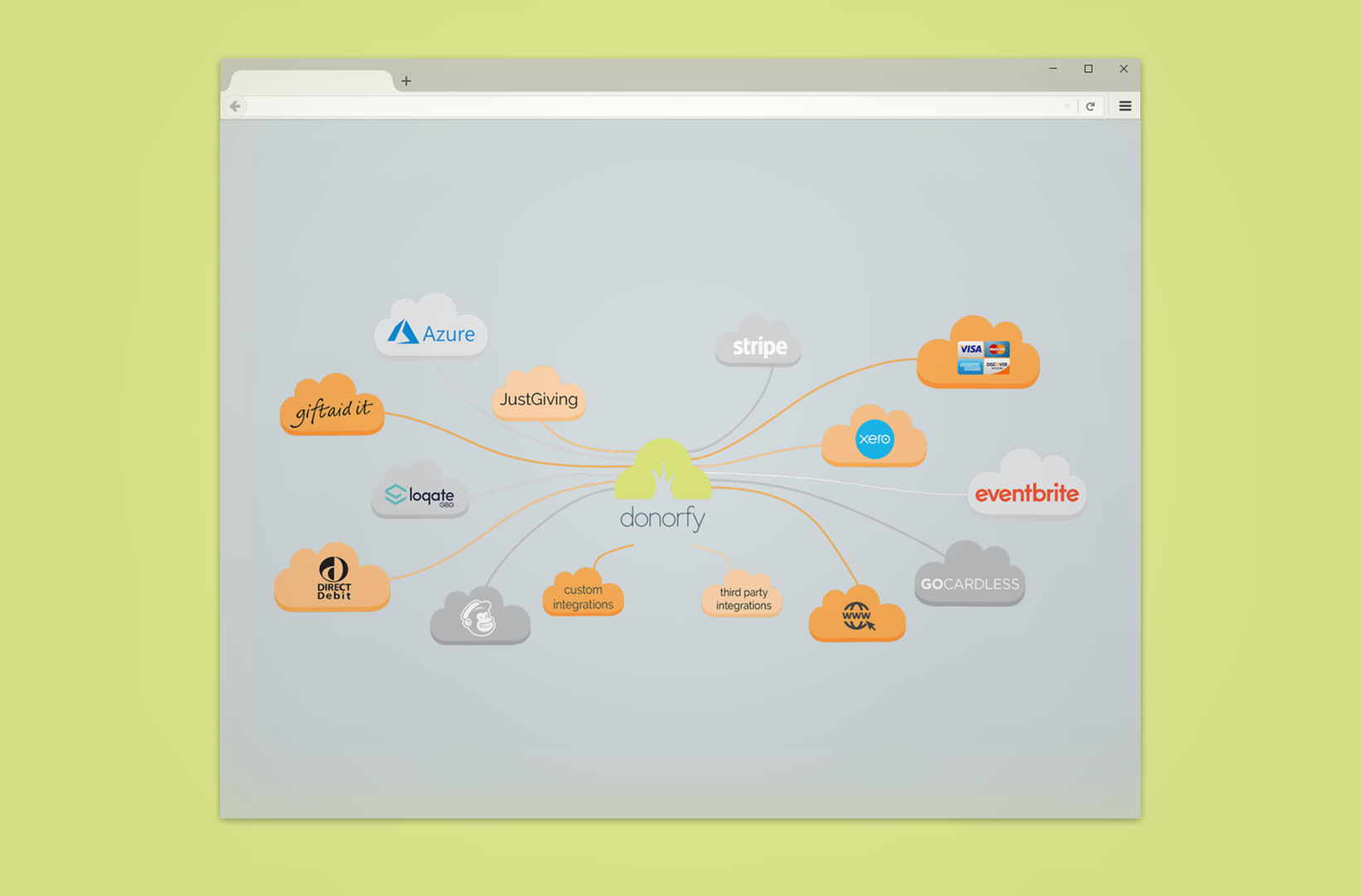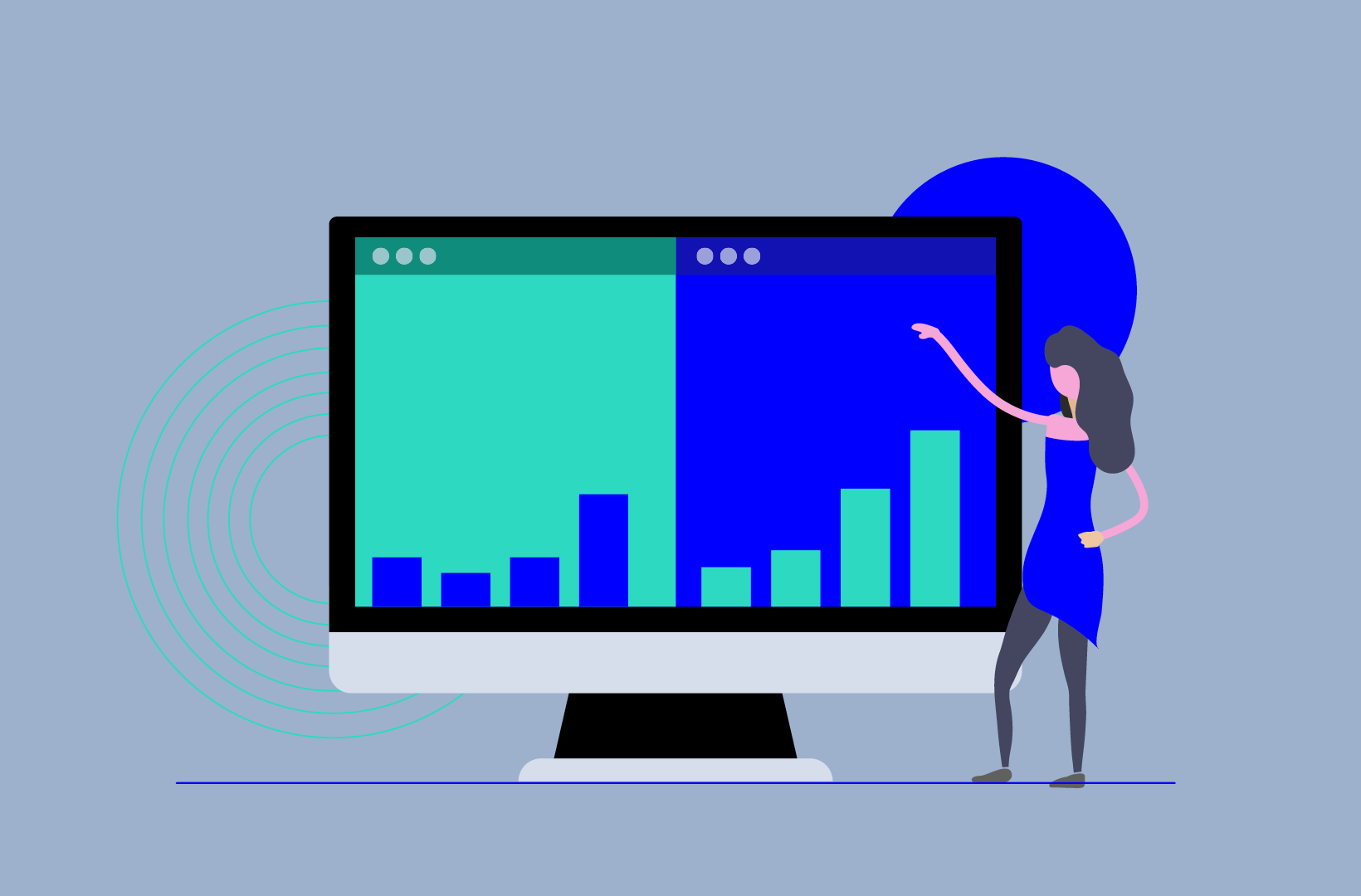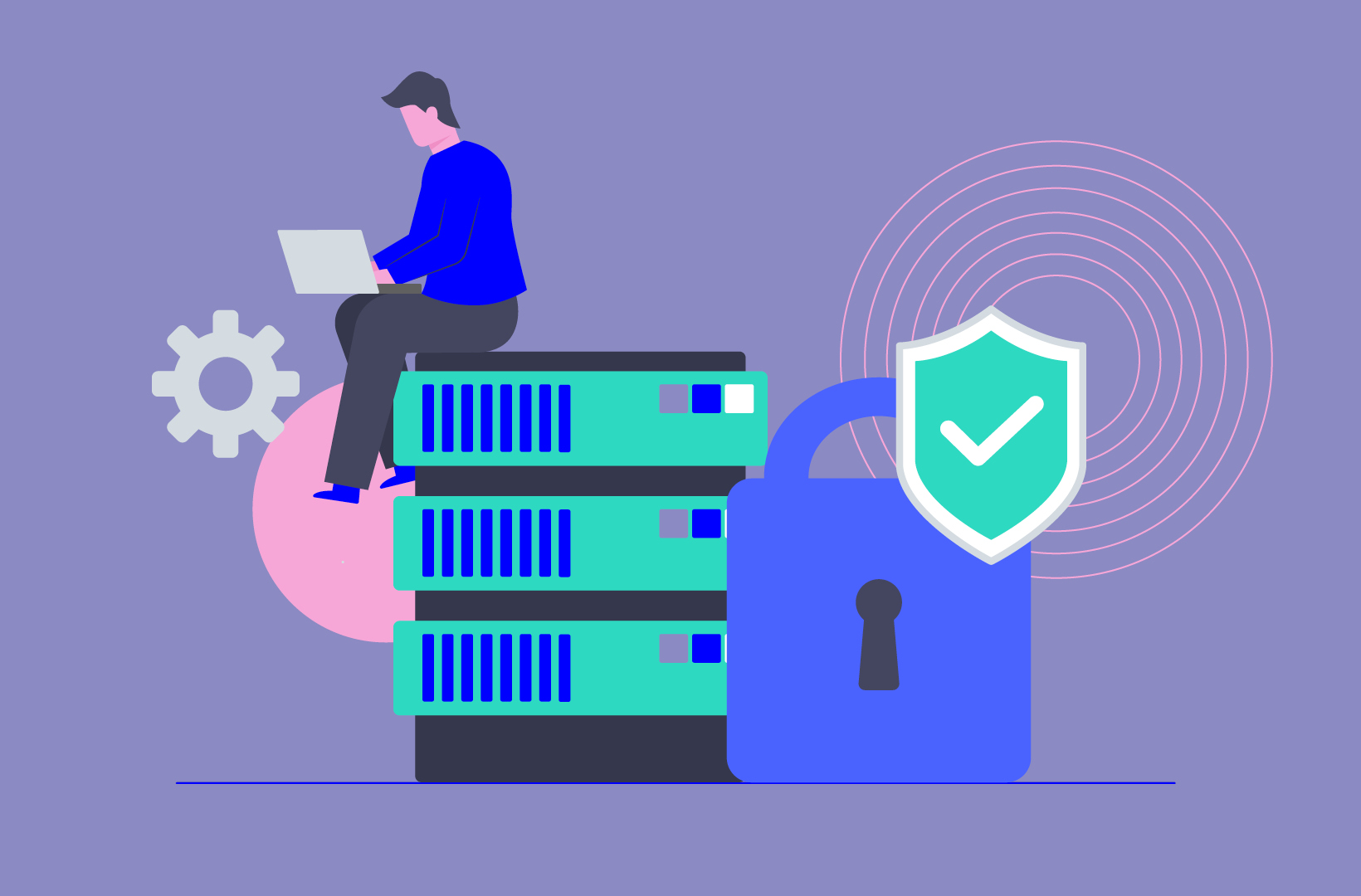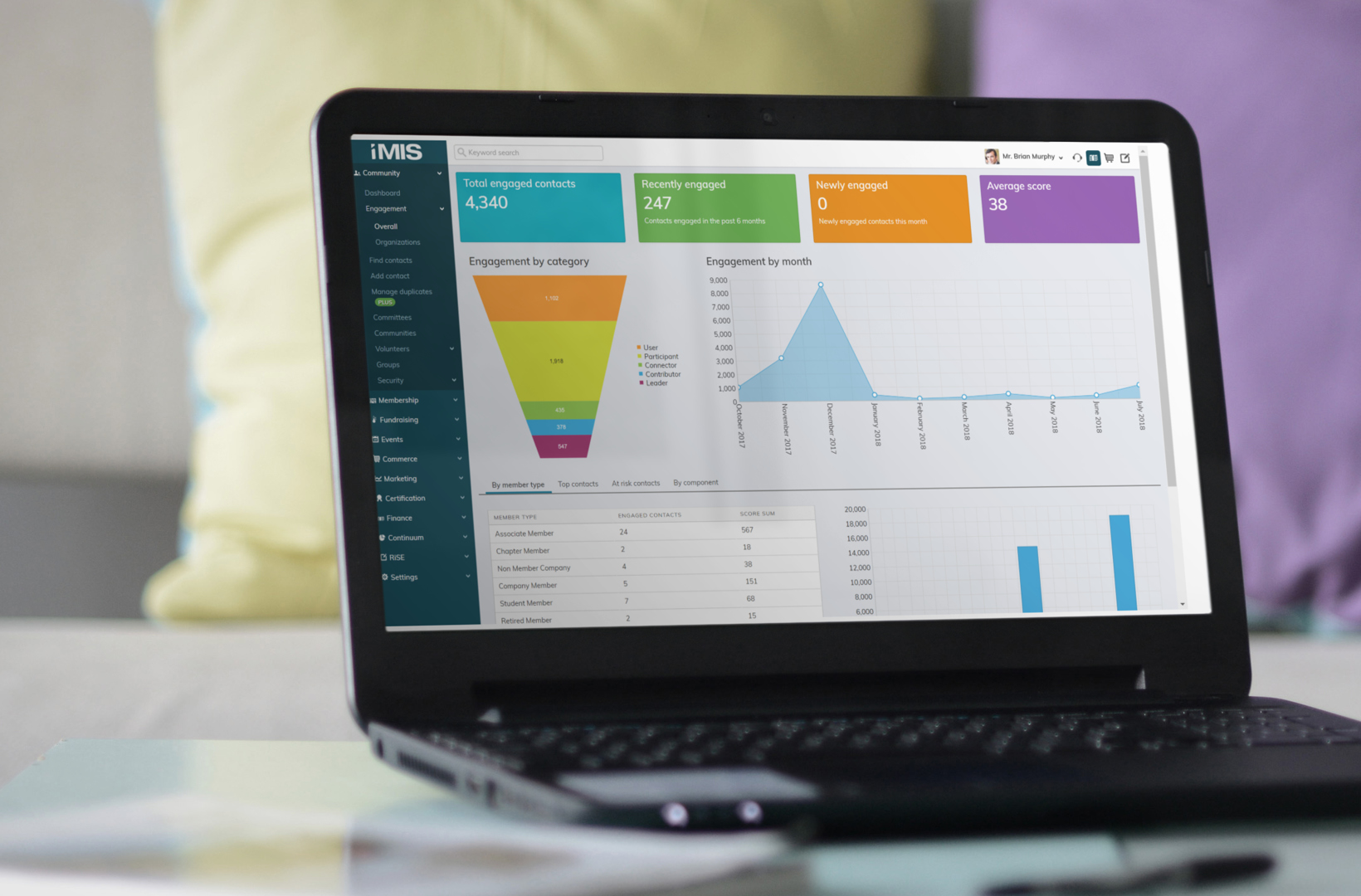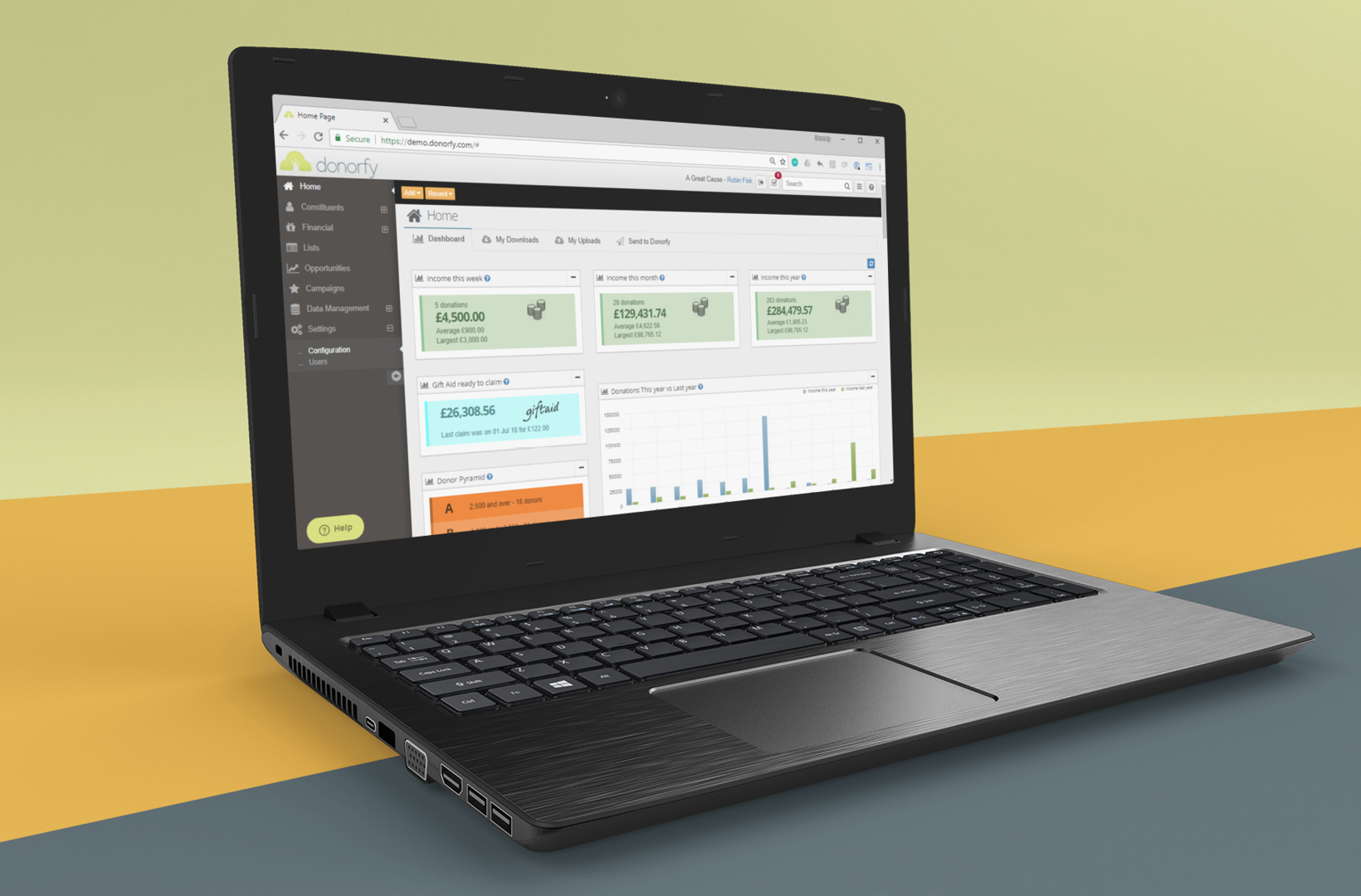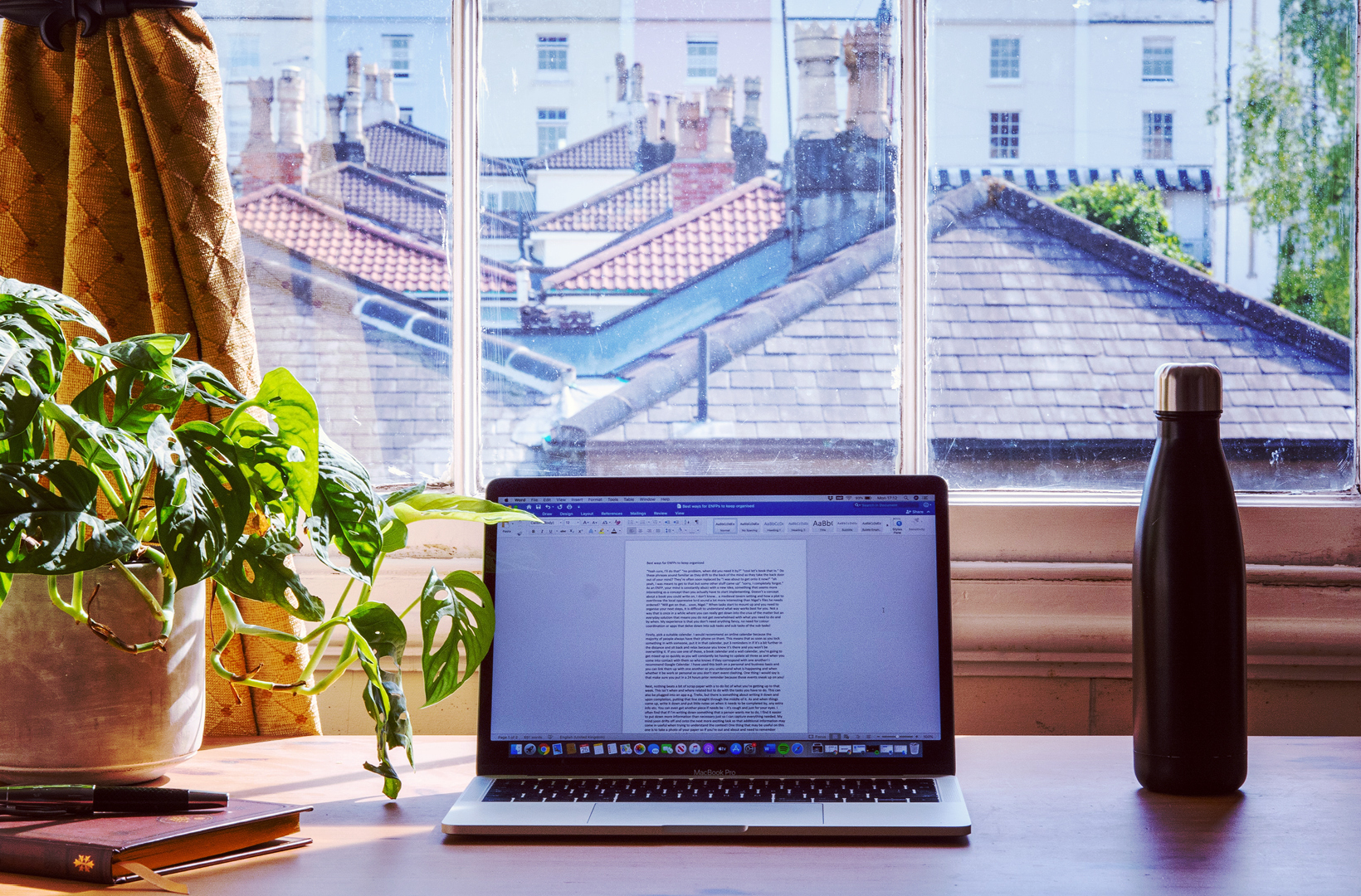
… and not just for now!
Working from home is the new normal for many of us in these extraordinary times. What does WFH mean for the future? If it works now, why shouldn’t we work from home when the crisis passes?
Is commuting insane?
Up until a few weeks ago, a simple truth was staring us in the face. In this modern, internet-driven age, the vast majority of employees are still expected to congregate in the same place for seven and a half hours or more every day. Why? The result: millions attempting to get from A to B only to get back to A again, at the same time every day, five days a week.
If you’ve ever had the good fortune to take a packed commuter train into a major UK city during rush hour, perhaps you’ve looked across to a neighbouring train and just been struck by the insanity of it all. Thousands packed like battery animals into an ever-diminishing space, the fortunate few collapsed bleary-eyed against the windows. As if entering an enormous sausage factory, only to be spat out in the opposite direction eight hours later, more tired, more dishevelled, perhaps drunk.
Why is going to work bad for you?
Obviously, for some industries there is no other option than to assemble staff in the same location, (it’s hard to imagine the whole of the armed forces being given permission to work from home) but perhaps it would seem a no-brainer to reconsider the impact of all this on both the environment and our psychological health.
In this interesting article: https://www.inc.com/geoffrey-james/7-ways-open-plan-offices-make-workplaces-toxic.html , Geoffrey James confirms what I’ve long suspected: it is generally a much better idea to stay at home. I’ll admit I’m an anti-social loner, but I’ve never taken to the idea of spending my day wondering what’s going on behind my back. I can’t see how that makes anybody a more productive, creative employee.
Does working at home protect the environment?
Looking beyond the current crisis, would your employer be willing to support the crusade for environmental change and psychological well-being? It might be only be possible for one day a week, but that’s one day of more sleep, less stress, increased productivity and decreased greenhouse emissions (providing you wear a jumper and turn off the heating).
What are benefits of working from home?
Here’s the real payoff:
- You just might find that you can concentrate more fully.
- You can think more deeply about the problems in front of you.
- You can come up with better solutions.
- You will possibly feel less reactive and more confident in the work you produce.
- You might even choose to work longer hours than you normally do.
- You can rest assured in the quality of what you’ve produced but achieve this at a healthier pace.
Personally, the best work I’ve completed for clients has happened when I have had few distractions and the luxury to explore alternatives. These opportunities came my way much less frequently sitting in an open plan office.
Let’s not forget as well the added benefits of being nearer to your family: the flexibility to re-arrange your workload around sudden changes of circumstance, childcare or health appointments. This is good news for both you and your employer: you are happier because you are seeing more of your family, you are producing better work and there is less down time.
WFH – what you won’t miss
Here’s one thing you won’t miss – that moment just as the train comes to a stop on the platform and the doors open. You’ve been patiently waiting for half an hour, but now the world pushes in front of you to in a frantic dash to grab the remaining seats. Strangely, this seems normal to all and only seconds later they seem to have no notion of what they have just done. Perhaps you have dreamt it? No further chance of sleep now though as you will be standing for the next hour and fifteen minutes.
What are the hidden benefits of WFH?
And just consider some of the extra benefits that working from home could give you:
- Wear what you like (unless you are video conferencing).
- No need to ask politely if anyone else wants a drink when you get yourself a coffee.
- No need to pretend you might be interested in TV shows you’ve never heard of.
- No-one talking loudly, laughing, or worst of all, whistling in the office.
- No-one playing music you cannot stand.
- No-one invading your desk space.
- New opportunities to participate in arduous household chores.
- The added company of children – (some of whom may play the recorder).
When the time comes, go ahead and pop the question. What’s that you say? Your boss isn’t here? Ah no of course…she’s working from home.



